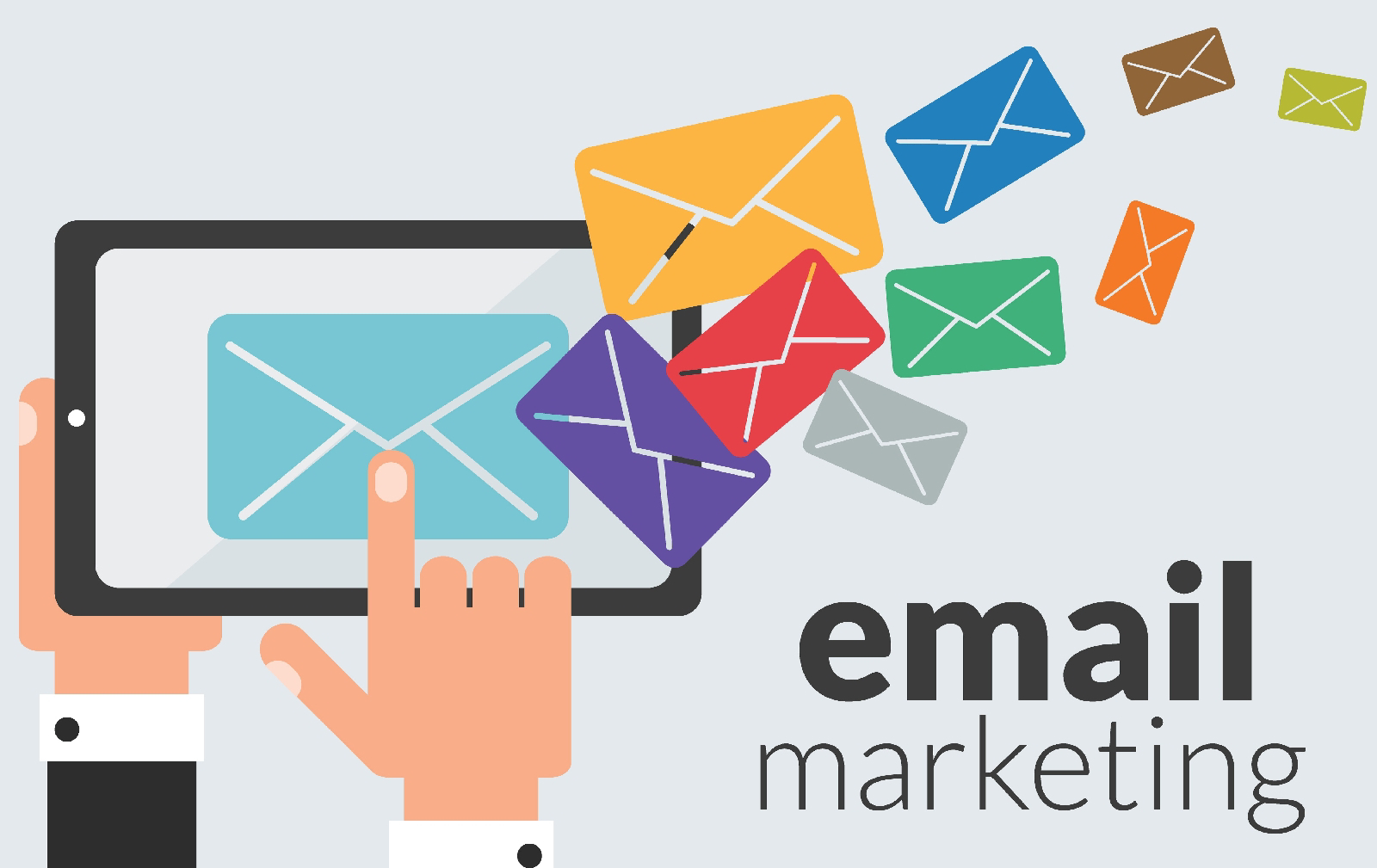Today, many people are looking for opportunities to earn money online, and selling merchandise on Ebay is one of the popular ways of earning money on the internet.
Regardless of the type of online business you start, there are many benefits that you can enjoy if you have your own business. This article presents the main benefits that you enjoy as an Ebay seller making money on the internet.
You can earn a living the easy way selling products on Ebay. Some people have very stressful jobs that take up all their time, such that they have no time left for their family and other interests. If you start your own Ebay business, you can earn a living at home doing something that is fun and easy.
You are your own boss and you set the targets of what you want to earn from your business. Many people put up with hard-to-please bosses and annoying workmates. If you start your own Ebay business, you get rid of your boss, and you do not have to commute to work every day.
You can pursue your interests. The best way to make money is by doing what you enjoy. Because you can sell anything on Ebay, you can create your own products based on your interests, and sell them on Ebay. Since you will be doing something that you enjoy, you can never get bored or tired of building your Ebay business.
If you start your own Ebay business, you can work from home and you can have a better work-life balance. Since you are your own boss, you can adjust your life to suit your business.
Starting an Ebay business enables you to achieve financial freedom. If you take your Ebay business seriously and professionally, you can make a lot of money on the internet selling merchandise. Very few people can become rich from a job salary. By starting your own Ebay business, you can achieve financial freedom and make any amount of money you want on the internet.
Given all these benefits that you enjoy if you have your own Ebay business, it's a good idea that you start your own Ebay business today!





















